Ukrainians In Liberated Kupiansk Fear Russians' Return

Blue and yellow Ukrainian flags flutter from the lampposts along the main road through Kupiansk, a short distance from the frontline in eastern Ukraine.
Signs of the fighting that saw Russian forces pushed out of the city last year are everywhere: flattened buildings pockmarked with bullet holes; burned-out, overturned cars and destroyed bridges.
But with Russian frontlines just 15 kilometres (nine miles) away over the rutted roads and snowy hills to the northeast, the Ukrainian military is on high alert.
Columns of tanks rumble through the streets, and heavily armed soldiers at checkpoints scrutinise every vehicle and their occupants.
The threat of another Russian offensive and possible takeover of Kupiansk is too much for 62-year-old Galina.
At a bus stop opposite the golden-domed Orthodox church, she waited with two large shopping bags, one in the colours of the Ukrainian national flag.
"I lived here under the Russian occupation," she told AFP nervously, declining to give her surname.
"But I'm afraid of another attack. I'm going to Kharkiv. My daughter is there," she said.
"It's three hours away by bus. I want to stay there to be safe."
Olga, 62, would like to leave too but has to stay. Her 37-year-old son Andriy is disabled and needs specialist care at home.
Besides, she said, they have nowhere to go.
"There's been shelling in front of my house. It broke all the windows. There are explosions every day so it's very scary," said Olga, declining to give her surname.
"We have to hide in the cellar. There was a huge blast at 6:00 am today. Everyone's talking about a new Russian attack."
Victoria Garnaya, 45, and her 13-year-old son have already fled and only returned because her mother died two days ago.
Fighting back tears, she said her husband of 20 years and elderly father have stayed in Kupiansk throughout but have their bags packed, ready to join them in Kharkiv 125 kilometres away if the Russians attack.
"It's no way to live," she said as she waited for the bus. "When you've built a home you accumulate a lot of stuff. Then you have to leave with just two bags."
For now, life goes on in Kupiansk, a key rail hub some 50 miles from the border, which before the war was home to nearly 30,000 people.
Outside one of only two functioning ATMs in the city, a large queue has formed to withdraw cash, as there are no facilities to use credit cards in shops and markets.
Oleksandr Tymoshenko said he is not worried about a successful Russian offensive and believes the Ukrainian army will keep them at bay.
"I spoke with the military and they said 'don't worry about it'. The situation is under control and better than it was last autumn," he said as the queue shuffled forward.
"There's shelling sometimes but everything will be OK.
"The attacks are happening in Bakhmut and Vugledar, not here," he added, referring to the battles for control of cities in the neighbouring Donetsk region.
Tymoshenko, a 47-year-old customs officer, recalled tough restrictions when the Russians were in charge.
"There were Russian checkpoints everywhere. They did not let you go out. But civilians weren't hurt," he said.
Others in the city recalled widespread looting by the occupiers. Locals were reportedly forced to paint bridges in the red, white and blue of the Russian flag.
They have since been repainted blue and yellow.
Even so, said Tymoshenko, there are still tensions between those who want Kupiansk to remain under Ukrainian control and those who would welcome the Russians back.
"There are a lot of people who support Russia," he said, as the distant rumble of heavy artillery echoed across the valley.
"It's best not to say anything. You can't argue with them. You can't change their minds."
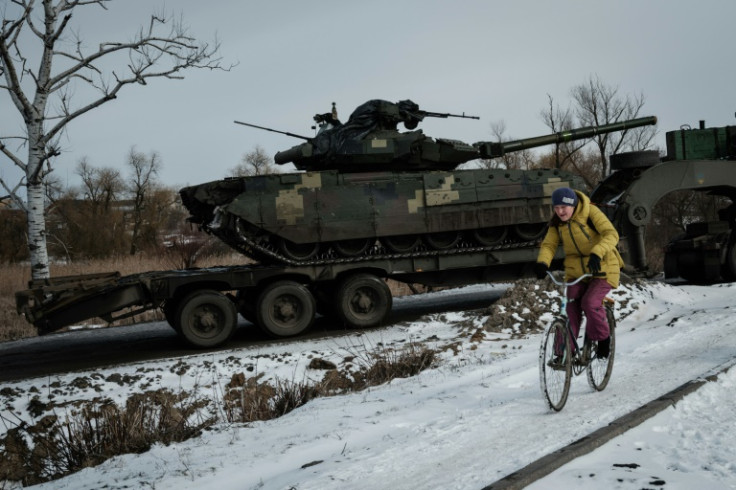
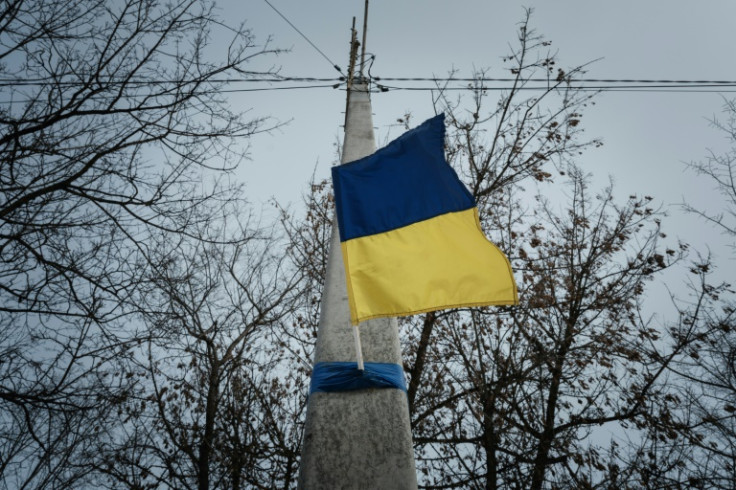
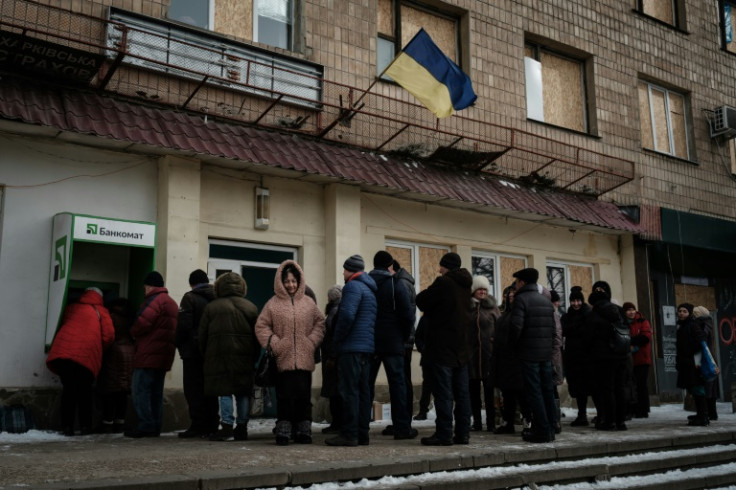
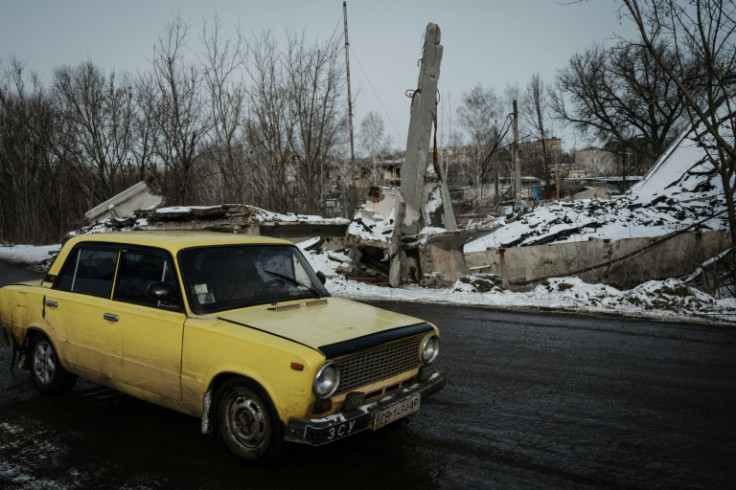
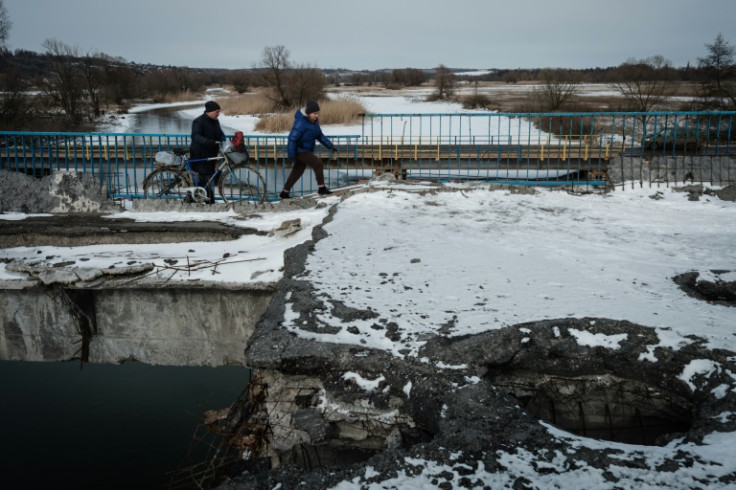
© Copyright AFP 2024. All rights reserved.





















